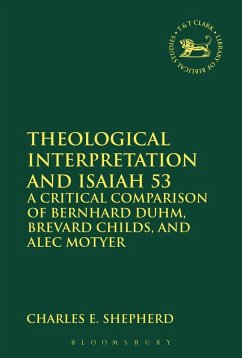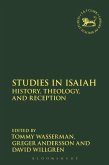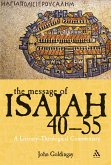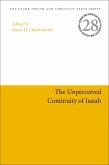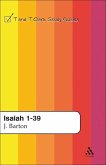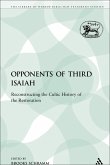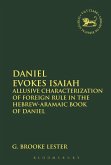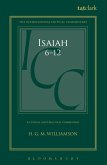This study brings together the hermeneutical approaches of three Old Testament scholars, specifically as they pertain to the interpretation of Isaiah 52.13-53.12 in the framework of Christian theology. Contemporary discourse and hermeneutical discussions have led to the development of a point of confusion in theological hermeneutics, focusing on what relationship older frames of reference may have with those more recent. Bernhard Duhm is presented as a history-of-Religion scholar who does not easily abide by popular understandings of that school. Brevard Childs moves outward from particular historical judgments regarding the nature of redaction and form criticism, attempting to arrive at a proximately theological reading of the poem. Alec Motyer's evangelical commitments represent a large constituency of contemporary theological readership, and a popular understanding of Isaiah 53.
Following a summary and critical engagement of each interpreter on his own terms, the study analyzes the use of rhetoric behind the respective readings of Isaiah 53, and proposes theological reading as a highly eclectic undertaking, distanced from the demarcations of 'pre-critical', 'critical', and 'post-critical'.
Following a summary and critical engagement of each interpreter on his own terms, the study analyzes the use of rhetoric behind the respective readings of Isaiah 53, and proposes theological reading as a highly eclectic undertaking, distanced from the demarcations of 'pre-critical', 'critical', and 'post-critical'.

